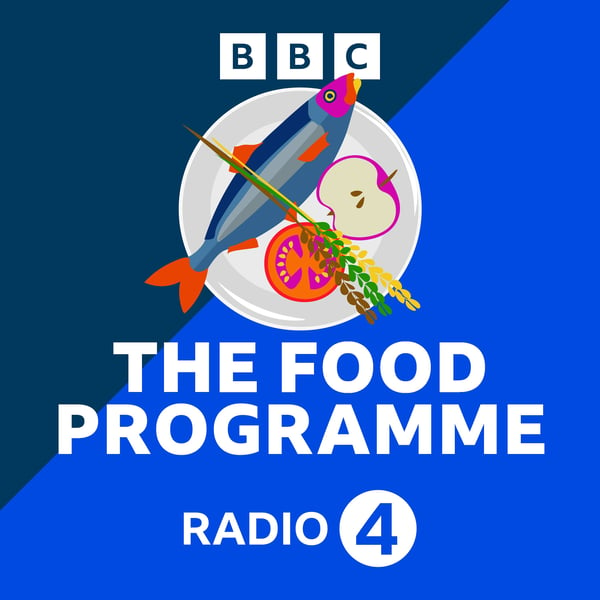Plate of the Nation: Second Serving
The Food Programme
BBC
4.4 • 943 Ratings
🗓️ 18 July 2021
⏱️ 30 minutes
🧾️ Download transcript
Summary
Could we kick-start a major transformation of our food system, in just three years?
That's the ambition of the National Food Strategy, the first independent review of our food policy in nearly 75 years, commissioned by the government in 2019 and authored by Henry Dimbleby - who published the second and final part of the report this week.
Food-related problems have been stacking up in the UK for a while: inequality, poor diets, a boom in costly bariatric diseases, the environmental impact of food production, the resilience of the overall system - the list goes on. But now we could be at a turning point, as the country starts to emerge (hopefully) from months of restrictions with fresh perspectives and priorities, and seeks to reposition itself post-pandemic and post-Brexit.
Now, Part 2 of the National Food Strategy has set out a framework for transforming our food system.
So how exactly does it propose we do that?
Sheila Dillon digs into the detail of the report, speaking to Henry Dimbleby (co-founder of the restaurant chain Leon and co-author of the 2013 School Food Plan) about the strategy's focus and recommendations; and inviting listener feedback for a future episode.
The programme also features questions from Caroline Keohane at the Food and Drink Federation, Martin Lines from the Nature Friendly Farming Network, and Jeanette Orrey: a former dinner lady turned school meals campaigner and co-founder of Food for Life. And we revisit previous guests Nutritank - a student organisation campaigning for better nutritional education for medics - and Social Bite: a project supporting Scotland's homeless through social enterprise cafés.
Presented by Sheila Dillon Produced by Lucy Taylor in Bristol
Transcript
Click on a timestamp to play from that location
| 0:00.0 | You're about to listen to a BBC podcast and I'd like to tell you a bit about the |
| 0:03.8 | podcast I work on. I'm Dan Clark and I commissioned factual podcasts at the BBC. |
| 0:08.6 | It's a massive area but I'd sum it up as stories to help us make sense of the forces shaping the world. |
| 0:15.3 | What podcasting does is give us the space and the time to take brilliant BBC journalism |
| 0:19.8 | and tell amazing compelling stories that really get behind the headlines. |
| 0:23.7 | And what I get really excited about is when we find a way of drawing you into a subject |
| 0:28.4 | you might not even have thought you were interested in. |
| 0:30.2 | Whether it's investigations, science, tech, politics, culture, true crime, the environment, |
| 0:36.1 | you can always discover more with a podcast on BBC Sounds. |
| 0:39.7 | BBC Sounds, music, radio podcasts. |
| 0:44.6 | Hello, you've downloaded a podcast of BBC Radio 4's The Food Program. |
| 0:49.7 | Welcome to our world, from cooking to culture, politics to pleasure. |
| 0:54.7 | We hope you enjoy it. |
| 0:56.4 | Well there are two ways this can go, right? |
| 0:58.3 | I think there is post-Covid a huge energy for change, and if we don't do that nature will collapse our |
| 1:07.3 | hostels will come overrun and it will be much much more expensive treating an |
| 1:11.9 | even worse disaster that we have at the moment. |
| 1:14.0 | A stark prediction from the man who's just written the national food strategy, |
| 1:19.0 | the first we've had for 75 years. |
| 1:22.0 | It was commissioned by the government in 2019 and published this week. |
| 1:26.2 | Whether the government welcomes this much starkness is a big question. |
| 1:30.5 | Will they act on all the evidence that Henry Dimbleby has pulled together? |
... |
Please login to see the full transcript.
Disclaimer: The podcast and artwork embedded on this page are from BBC, and are the property of its owner and not affiliated with or endorsed by Tapesearch.
Generated transcripts are the property of BBC and are distributed freely under the Fair Use doctrine. Transcripts generated by Tapesearch are not guaranteed to be accurate.
Copyright © Tapesearch 2025.

